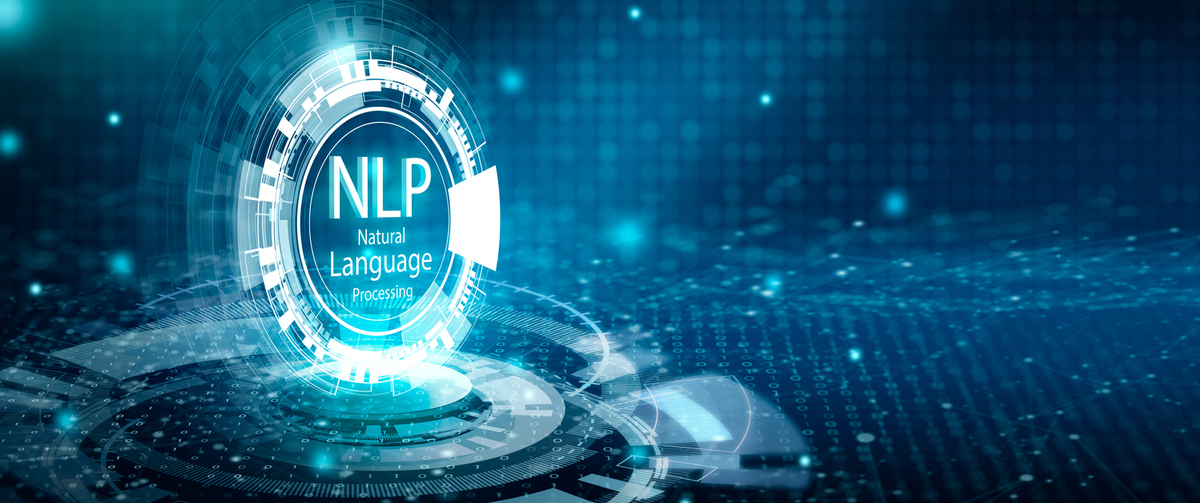How NLP Contributes to Automatic Content Generation Based on Ontology and Semantics
In today's world, the advancement of technology is inevitable, and artificial intelligence (AI) plays an increasingly significant role in the modern business environment. One of the most fascinating areas of AI is natural language processing (NLP), which enables communication between humans and machines in a way that closely resembles human-to-human interaction. NLP has achieved successes in various fields, including automatic content generation based on ontology and semantics. In this article, we will explore how NLP contributes to the creation of automatic content and the associated business opportunities.
Presenting content on websites, blogs, or social media platforms is a crucial element of most companies' marketing strategies. However, creating unique and engaging content often requires time and effort from marketing teams. This is where NLP comes into play, offering solutions based on ontology and semantics that automatically generate high-quality content.
Ontologies are data structures that describe the relationships between different terms and concepts. They are crucial for understanding the semantics of content and creating coherent, logical sentences. NLP utilizes ontologies to analyze context and comprehend the meaning of individual words and their interrelationships. Consequently, the technology can generate content that is not only understandable to users but also rich in information and value.
Semantics plays a significant role in automatic content generation through NLP. Unlike traditional methods that rely on keyword analysis and search within content, NLP examines the semantic meaning, which involves the sense of expressions and their context. This enables more precise and accurate content generation. For example, if a company is involved in sports product sales, an NLP system can analyze an ontology related to various sports disciplines and generate content tailored to the interests of the audience.
There are numerous examples of business applications for NLP in automatic content generation. One of them is personalized content on websites. NLP systems can analyze user preferences and behaviors based on collected data to customize content according to their individual needs. For instance, if a user is interested in fashion, an NLP system can automatically generate articles about the latest trends and styles.
Another example is generating product descriptions in online stores. Instead of relying on manual writing for each product, an NLP system can analyze an ontology related to different product categories and automatically generate descriptions, considering the features and specifications of the products. This saves time and effort for marketing teams while ensuring content consistency and quality.
In conclusion, NLP plays a crucial role in automatic content generation based on ontology and semantics. By utilizing ontologies, NLP analyzes the relationships between terms and creates coherent, logical content, while semantics allows for generating relevant and precise content. Business applications of NLP in content generation include personalized website content and automatic product description generation. Thus, NLP technology enables companies to achieve efficiency and scalability in creating engaging content for their customers.




